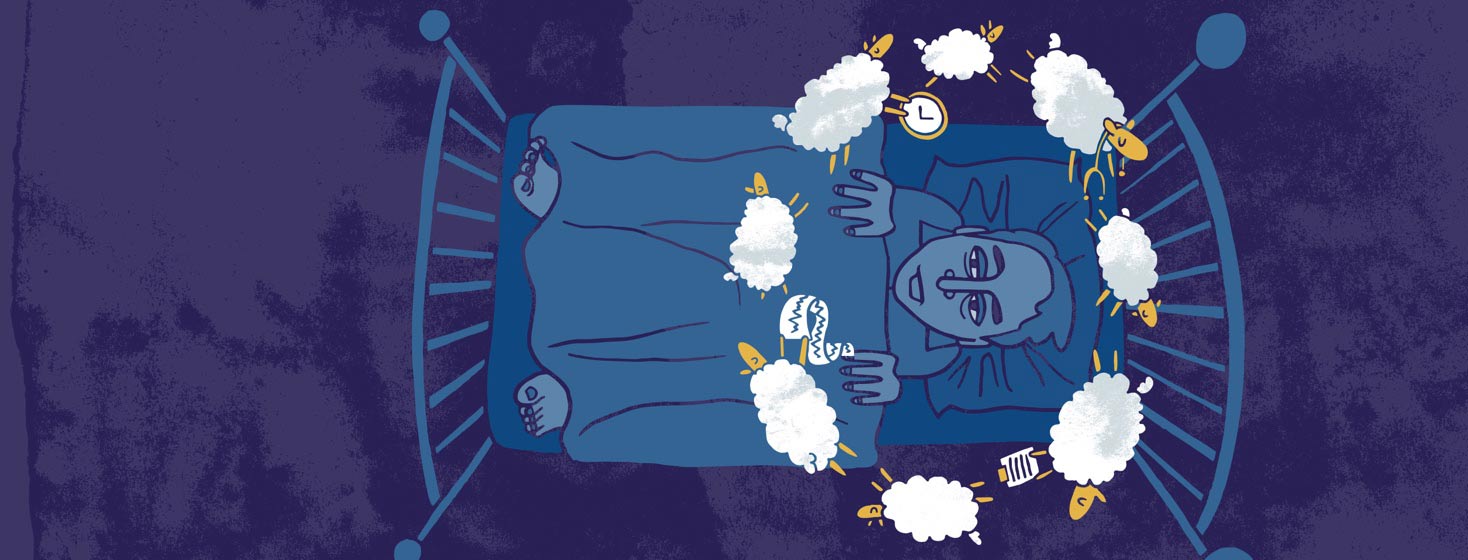How Accurate Are Sleep Apps and Wearables?
From steps and stairs to hours of sleep, devices like smartwatches, smartphones, and fitness trackers are making it easier than ever to track even the smallest details of our daily lives.
With so much data at hand, literally, many people want to make the most of it to improve their health, including the amount and quality of sleep. But how accurate are these devices when it comes to sleep?
What do sleep devices monitor?
There are many options for sleep monitoring. There are smartphone apps where you manually log your sleep hours; some can monitor your sleep for you. Others are wearable fitness monitors that measure your overall daily activity and sleep. And some are specially designed for sleep tracking only.1
Each device tracks different things, but most of them capture a few common items:1
- How long you slept - trackers can use the inactive period of rest to find out how long you slept
- How well you slept - some can tell if you were tossing and turning and waking up a lot, or sleeping soundly
- Different phases of sleep - they may be able to tell what kind sleep phase you are in, deep sleep versus light sleep
- Your sleep environment - some of the advanced trackers can tell how much light is in your bedroom while you sleep
What is the benefit of monitoring sleep?
Sleep is important to good health. Monitoring sleep can tell you and your doctor if you are getting enough quality sleep every night. People who have trouble sleeping might need to get a medical sleep study with a doctor. This can help find out what is causing sleep trouble.1,2
But, getting a sleep assessment requires special equipment and needs to be conducted by professionals in a laboratory. This can cost a lot of money and be complicated because the person would need to sleep in a special bedroom set up in a lab for a night. This can make it harder to get answers because most people sleep better at home and a single night may not give enough information.2,3
Being able to track sleep from the comfort of home would be helpful. It costs less and is much more convenient. The only question is if the currently available sleep trackers are accurate enough to get the same results at home.2,3
How accurate are sleep trackers?
Wearable sleep trackers and apps can provide a lot of data about how you sleep. The main problem with them is that they cannot directly measure sleep. They can only measure the signs of sleep, such as how much or how little you are moving, or changes in heart rate. Only a medical study can tell how much sleep you are truly getting by monitoring brain waves and sleep phases.1,3
There is also a wide range of accuracy between different types of devices. Several studies found that there was a significant difference in the actual amount and quality of sleep compared to what the devices reported.2,4,5
Some of the differences could have been because of the basic differences between people, like gender, age, or body size. Other differences could be due to the sensitivity of the device itself.2,4,5
According to the American Academy of Sleep Medicine, sleep devices can provide a lot of beneficial data, but in the end, the technology still is not reliable enough to truly assess sleep on a clinical level.3
Can sleep apps and wearables help you sleep better?
One study found that the devices could be useful for healthy people. Wearing the device was linked with improved sleep and fewer wake times in the night. Some of this may be because the devices encouraged more physical activity. So, people who slept better may have been more tired because they were more active.5
The act of simply wearing a fitness or sleep tracker will not automatically make you sleep better. But, being aware of your sleep patterns can be a good thing. It may help you make changes during the day that can help you sleep better. Or it could point to symptoms of a sleep problem that could prompt you to see a doctor to get help.1,3
As the technology improves and evolves with every new update, the ability to track your sleep more effectively improves, too. There is not a way to accurately monitor your sleep at home, yet. However, researchers continue to work on ways to make that goal a reality.1-5

Join the conversation